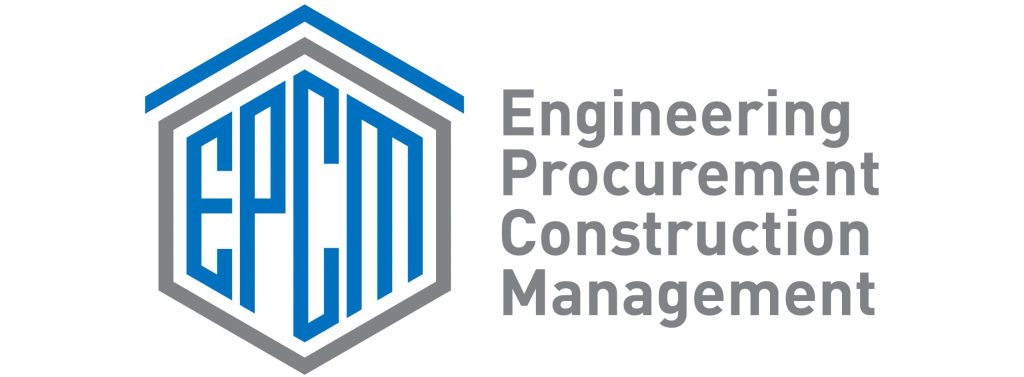The globalization of the Engineering, Procurement, and Construction (EPC) industry
has opened a world of opportunities for companies willing to venture beyond their
borders. However, managing EPC projects on a global scale comes with a unique set
of challenges. From navigating diverse regulatory landscapes to bridging cultural
divides, the path to successful international project management is fraught with
obstacles. In this blog post, we explore these challenges and offer strategies to
overcome them, ensuring the successful execution of global EPC projects.
Understanding Regulatory Compliance and Standards
One of the primary hurdles in global EPC projects is the variation in regulatory
environments across different countries. Each nation has its own set of laws,
standards, and procedures governing construction activities, environmental
protection, labor, and safety. Non-compliance can lead to costly fines, delays, and
reputational damage.
Strategy: The key to navigating this complex landscape is thorough research and
local expertise. Engaging local legal and industry experts can provide invaluable
insights into the regulatory requirements of a specific region. Additionally, adopting
international standards, such as ISO certifications, can help streamline compliance
processes by meeting universally recognized benchmarks.
Overcoming Cultural and Communication Barriers
Effective communication is the backbone of any successful project. In a global
context, language differences, cultural nuances, and varying communication styles
can lead to misunderstandings, conflicts, and inefficiencies.
Strategy: Cultivating a multicultural team environment is crucial. This involves
training teams in cross-cultural communication and leveraging technology to
facilitate seamless interaction. Regular, clear communication channels and practices
should be established, prioritizing mutual respect and understanding. Employing
bilingual project managers or translators can also bridge language gaps, ensuring
that all team members are on the same page.
Tackling Logistical Challenges
The logistical complexities of managing supply chains, resources, and personnel
across international borders can significantly impact project timelines and budgets.
Issues such as customs clearance, transportation delays, and currency fluctuations
add layers of uncertainty to global EPC projects.
Strategy: Strategic planning and flexibility are vital. Advanced logistics planning,
coupled with local sourcing of materials and labor where feasible, can reduce
reliance on long supply chains and mitigate risks. Hedging strategies can protect
against currency risks. Moreover, investing in technology platforms that offer
real-time tracking and project management capabilities can enhance coordination
and responsiveness.
Conclusion: Thriving in the Global EPC Arena
The global EPC market offers immense potential for growth and innovation. By
addressing the challenges of regulatory compliance, cultural and communication
barriers, and logistical complexities, companies can unlock the full potential of their
international projects. This requires a proactive approach, leveraging local expertise,
embracing technology, and fostering an inclusive, adaptable project culture.
Navigating the intricacies of global EPC projects is no small feat, but with the right
strategies and mindset, it is not only possible but can also be a rewarding endeavor.
As the world becomes increasingly interconnected, the ability to manage and
execute projects across borders will become an invaluable asset in the EPC
industry’s ever-evolving landscape.

